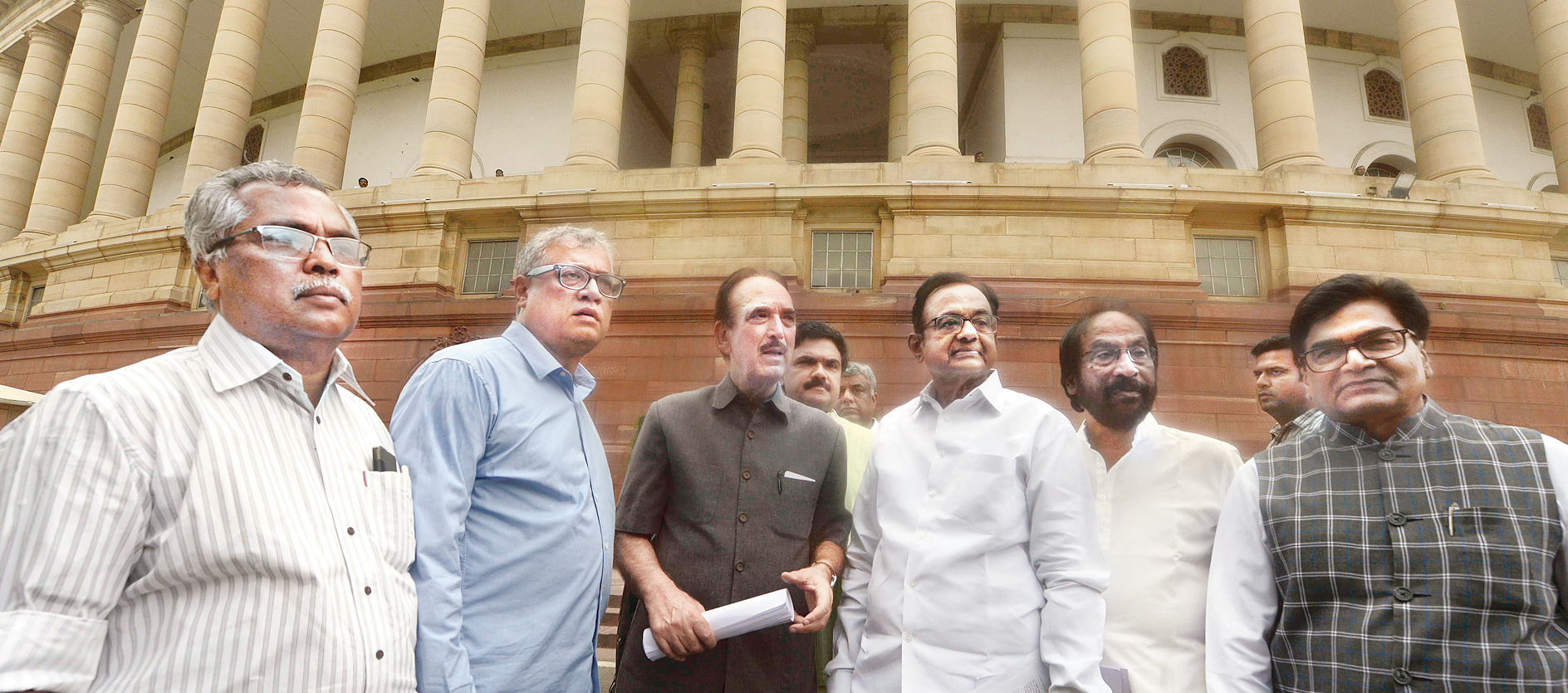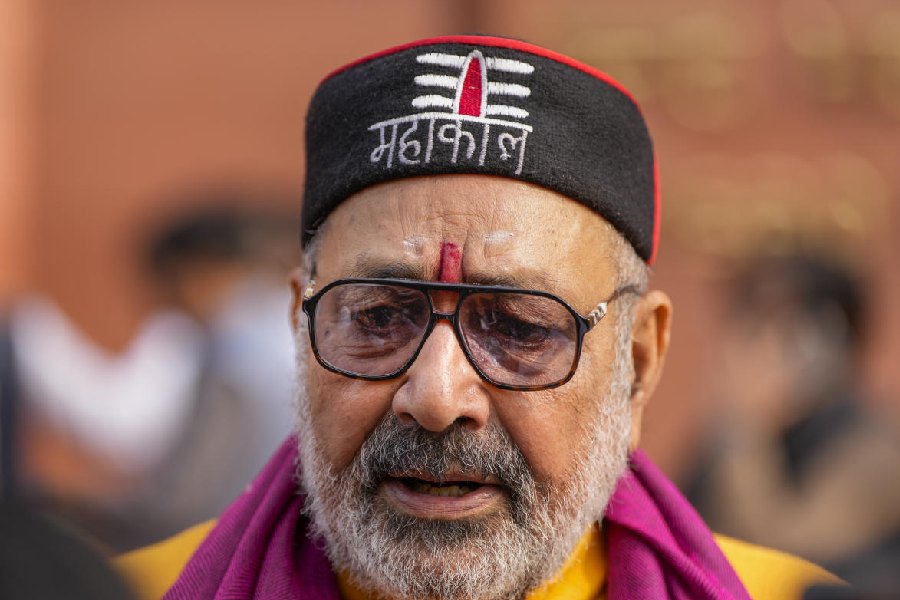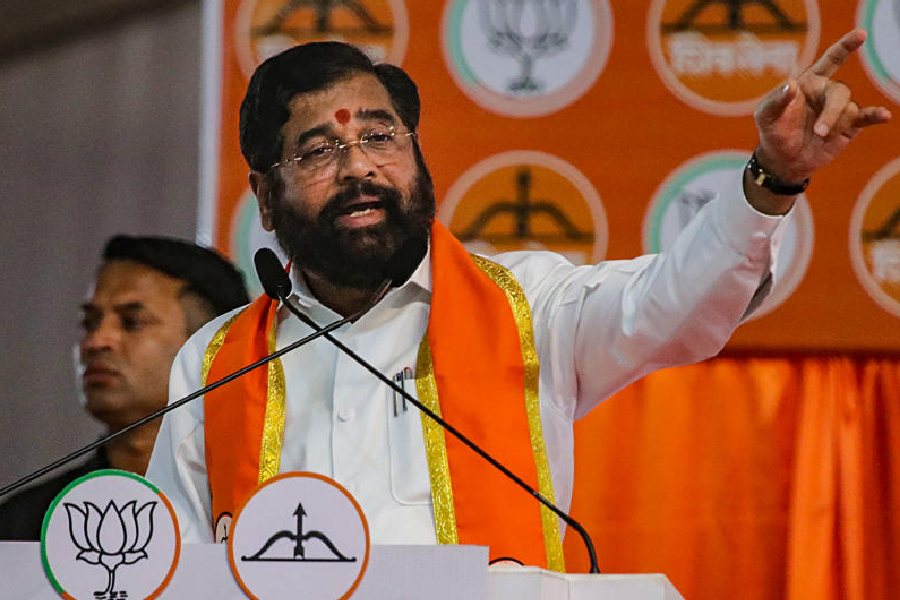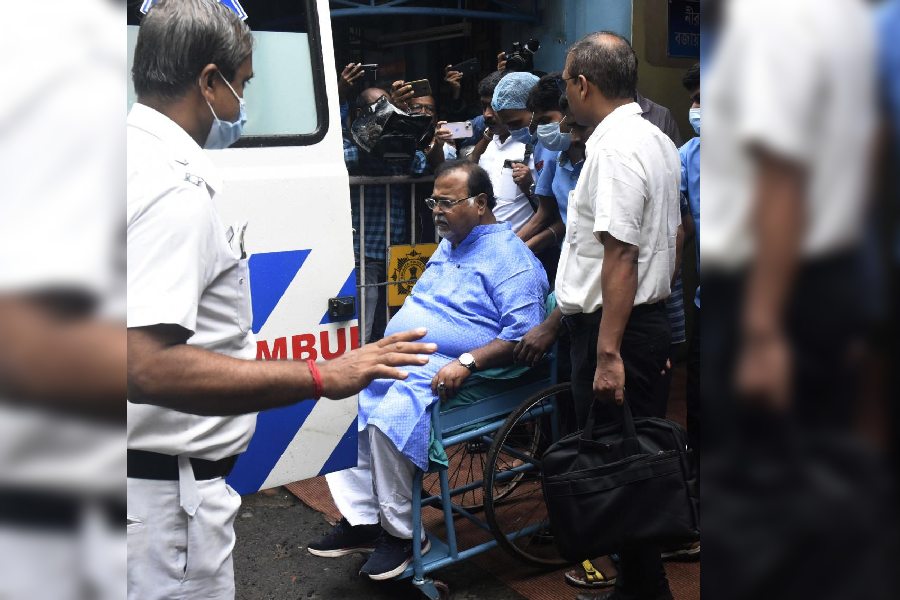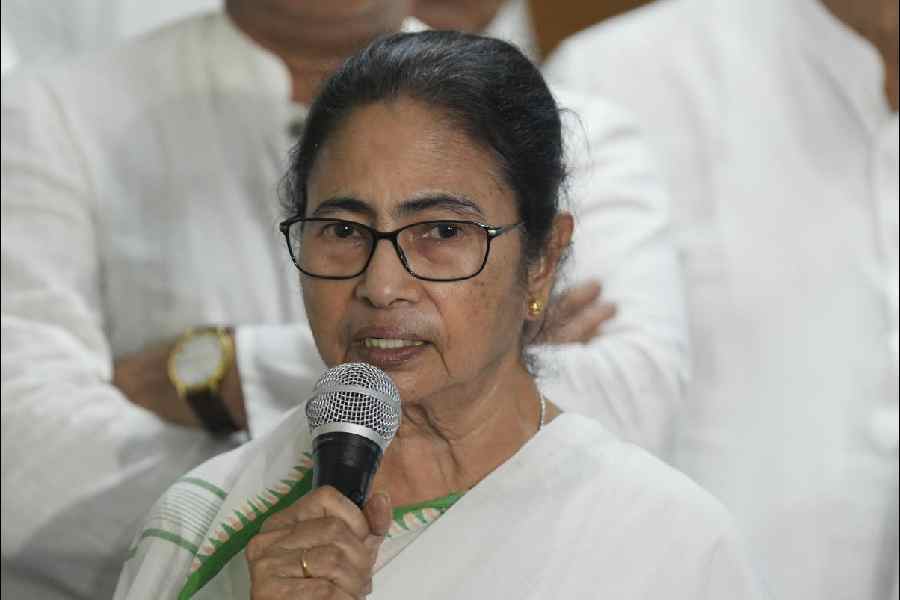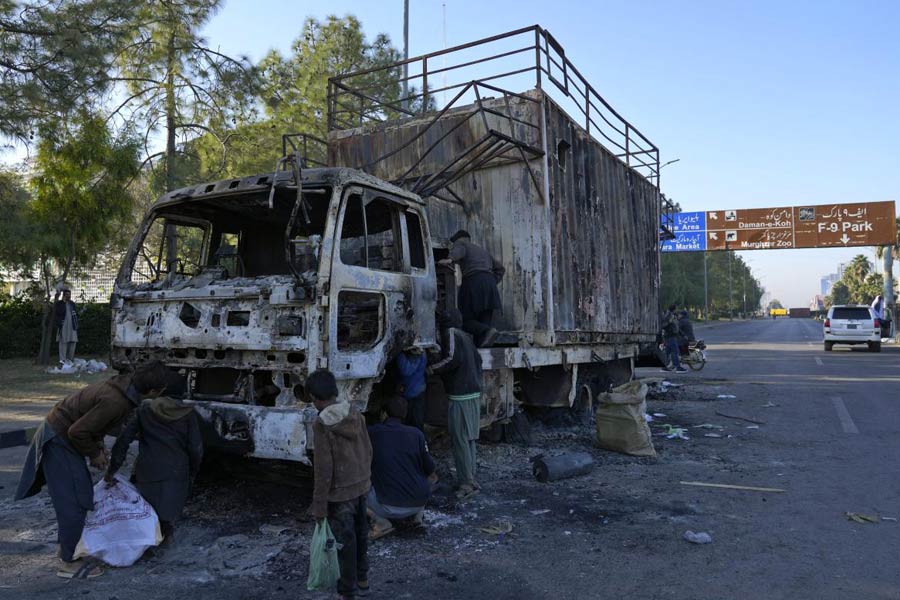The Jammu and Kashmir reorganisation legislation was easily passed in the Rajya Sabha, aided by cracks in the Opposition ranks, including regional parties that swear by federalism.
Even before Union home minister Amit Shah stood up to move the bills and statutory resolutions to seek the Rajya Sabha’s approval on Monday morning, deputy chairman Venkaiah Naidu announced three resignations from the House.
Apart from two Samajwadi Party members, Surendra Singh Nagar and Sanjay Seth, the resignation of the third member shocked the Congress, the principal Opposition.
The Congress’s chief whip in the House, Bhubaneswar Kalita, was the third MP to resign. As chief whip, Kalita was supposed to keep the main Opposition party members present in the House to oppose the government’s “unconstitutional move”. His resignation came as a big blow to the Opposition.
The three resignations, apart from demoralising the Opposition, reduced its strength in the House in opposing the government during the division of votes.
“The Congress has asked me to issue a whip on the Kashmir issue. But the truth is that the mood of the nation has completely changed and this whip is against the public sentiment across the country,” Kalita, a senior Congress leader from Assam, said in a statement later. “It seems the Congress is committing a suicide…,” he added.
After this, came another shock for the Opposition. The Aam Aadmi Party, which had been firmly against the government over contentious bills like the right to information amendment and instant triple talaq, came out openly in support of the bills and resolutions on Jammu & Kashmir.
The AAP has three MPs in the House.
It was followed by support from the Mayawati led BSP. The leader of the party in the House Satish Chandra Mishra announced support for the government’s move, claiming it was in the interest of the “Muslims and Dalits” residing outside Kashmir.
In the past, the BSP had been directly or indirectly supporting the government in the upper House but on Monday, it was full-fledged support.
A host of other unattached Opposition parties, mostly regional like the BJD, YSRCP and the TDP, joined ranks with the government citing “national interest”.
The move spread smiles among the treasury benches. The government also found support from smaller party members and independents.
Trinamul Congress’s Derek O’Brien appealed particularly to the regional parties like the YSR Congress, Biju Janata Dal and the Aam Aadmi Party — which supported the government — to read the writing on the wall and not set a precedent for the Centre to change any state’s map at its whim.
Trinamul firmly opposed the government’s move but at the time of voting the party walked out. Trinamul has 13 members in the House. The Sharad Pawar-led NCP too walked out in protest despite being opposed. The JDU with six members, a part of the ruling NDA, too walked out and this too helped the government.
In the end, the Opposition was left only with the Congress, DMK, SP, RJD and the Left parties to get their votes counted. The government managed to push through and secure the Rajya Sabha’s approval to an unprecedented move by 125 votes in favour, 65 against and one abstention.

